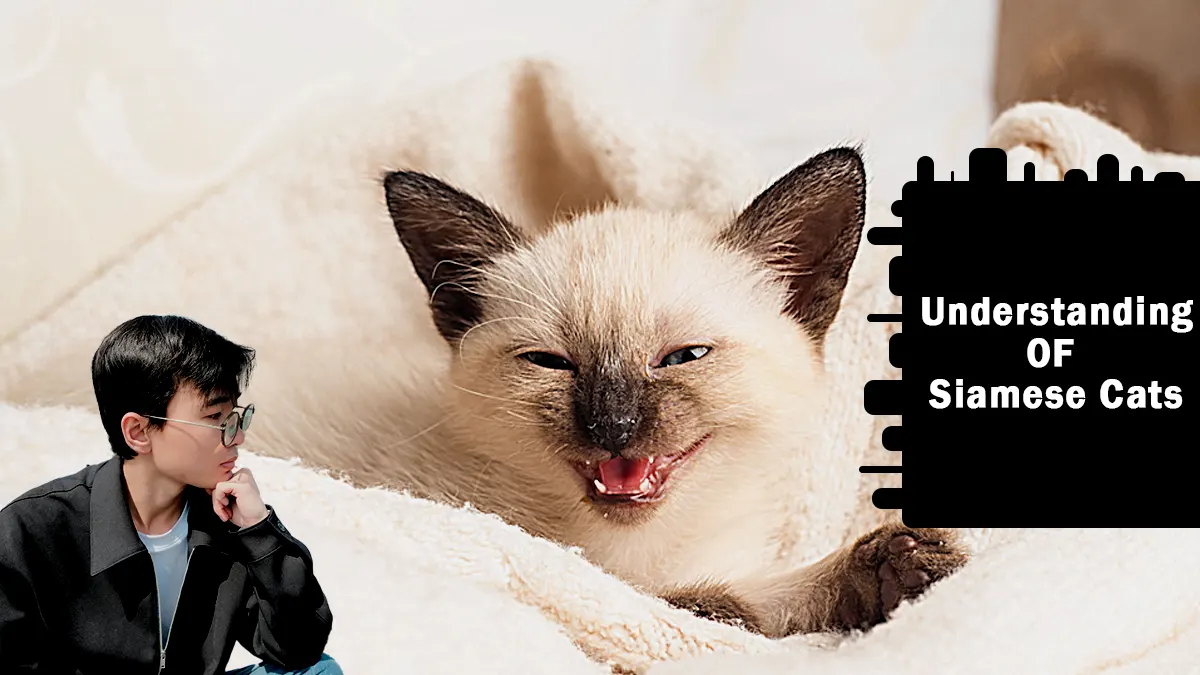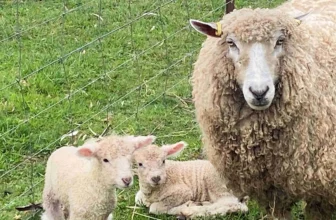
Siamese cats are famous for their striking blue eyes, sleek coats, and extremely vocal personalities. If you’ve ever lived with one, you’ve likely wondered: Why do Siamese cats meow so much? From demanding attention to expressing curiosity, their chattiness is legendary. Let’s explore the science, history, and behavior behind this breed’s unique communication style.
1. The Siamese Cat Breed: Born to Communicate
Siamese cats originated in Thailand (formerly Siam), where they were revered as royal companions. Their vocal nature is deeply rooted in genetics. Unlike quieter breeds, Siamese cats have a distinct, raspy meow designed to grab attention. Studies suggest their vocal cords and laryngeal structure differ slightly, allowing for a wider range of sounds, from soft chirps to loud, persistent cries.
2. Top Reasons Siamese Cats Meow Excessively
Attention-Seeking: Siamese cats bond intensely with owners and use meows to demand playtime, food, or cuddles.
Boredom: Highly intelligent, they vocalize when understimulated.
Separation Anxiety: They thrive on companionship and may meow loudly when left alone.
Health Issues: Excessive vocalization can signal pain, hyperthyroidism, or hearing loss (common in older Siamese).
3. How Siamese Cats Use Meowing to “Talk” to You
Siamese cats don’t just meow randomly—they tailor their sounds to convey specific needs:
Short, high-pitched meows: A greeting or request for interaction.
Prolonged yowls: Distress, discomfort, or frustration (e.g., a closed door).
Trills and chirps: Playfulness or excitement.
4. Is Excessive Meowing a Problem? When to Worry
While talkativeness is normal, sudden changes in vocalization may indicate:
Pain: Arthritis, dental issues, or urinary tract infections.
Cognitive Decline: Older cats may meow more due to confusion.
Hyperthyroidism: Increased meowing paired with weight loss or hyperactivity.
Always consult a vet if your Siamese’s meowing becomes frantic or unusual.
5. How to Manage a Chatty Siamese Cat
Interactive Play: Use puzzle toys or feather wands to curb boredom.
Routine: Feed, play, and groom at consistent times to reduce anxiety-driven meows.
Training: Reward quiet behavior with treats and ignore excessive demands.
Companionship: Adopt a second pet if separation anxiety is severe.
6. Siamese Cats vs. Other Breeds: Why They’re the “Chattiest”
Compared to quiet breeds like Persians or British Shorthairs, Siamese cats rank among the most vocal due to their:
Social nature (they’re more dog-like in seeking interaction).
Genetic predisposition for varied vocalizations.
High energy levels require mental stimulation.
FAQs About Siamese Cat Meowing
Do all Siamese cats meow a lot?
Yes, it’s a breed trait, though individual volume and frequency vary.
Can I train my Siamese to be quieter?
You can reduce attention-seeking meows with training, but never eliminate their natural chatter.
Are male Siamese cats more vocal than females?
No, gender doesn’t affect their vocal tendencies.
Siamese cats meow excessively due to genetics, intelligence, and social needs. While their chatter can be endearing, understanding the reasons behind it helps owners address underlying issues like boredom or health concerns. Embrace their talkative nature—it’s what makes this breed so uniquely engaging!







